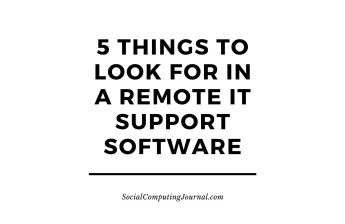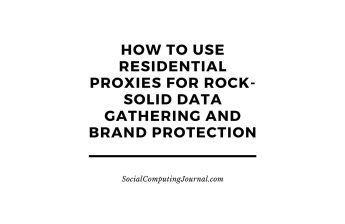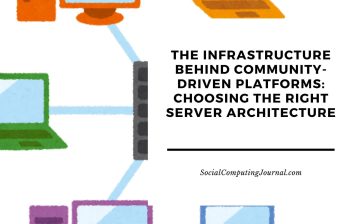In a world where news stories of data breaches and cyber attacks are becoming more and more common, trying to keep your personal data secure can seem like a daunting task. Luckily, ensuring that your personal information stays secure is easier than it seems. A lot of it boils down to being cautious, analyzing things critically and planning ahead.
The tips below will not only help keep you safer when you’re online but also ensure that you learn how to spot the tell-tale signs of a scam and avoid the devastating consequences of a cyberattack.
Contents
Yearly Audits Are a Must
This is a simple hack that can be vital in keeping your personal data safe for a long time: every year at minimum, review your cybersecurity and data protection practices. Having a clear plan in place can save you from having to pay ransomware settlements in the future.
For a personal cybersecurity audit, you can go through the list of websites you use regularly and change the passwords and turn on two-factor authentication. If there are any accounts you don’t use anymore, close them out. Update your antivirus and malware protection software too.
On an organizational level, getting a cybersecurity audit done helps your company find out whether you have any vulnerabilities which can be exploited, whether the right processes are in place and that your team knows what they have to do in case an attack occurs.
Globally, ransomware damage costs are predicted to be more than $265 billion by 2031. Reviewing your cybersecurity yearly helps prevent the chances of having to pay cyber attackers.
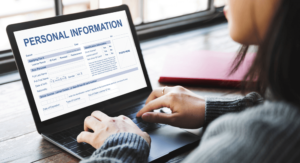
Be Aware of the Latest Phishing Attacks and Malware
In 2019, the number of major ransomware attacks jumped by 820 percent, and there are no signs of this changing anytime soon. The first wall of defense against such attacks is the consumer themself. As cyber attackers search for loopholes and new ways to infect devices with malware, keeping yourself up to date with the common ways they gain access to sensitive data can help you spot such incidents and nip them in the bud.
Avoid Public Wi-Fi and Use a VPN
With increased job flexibility that allows employees to work from anywhere, more people are working from cafés, hotels and other places where they’re using the public Wi-Fi. It’s tempting, but be wary because they are a window of opportunity for cybercriminals to gain access to your private data.
Using a VPN can protect you, but the best solution is to avoid such low-security public networks. Companies should also train their remote employees to be safe when working on their office devices.
Use Passphrases for Added Security
Having a strong password for everything you use has been drilled into each one of us, but shockingly, 123456 is the most commonly used password globally. Easy-to-guess passwords make gaining access to your accounts super easy for cyber attackers. Using a password manager is a great way to ensure your passwords stay uncrackable. But if you’re old school and prefer to set the passwords yourself, then start using passphrases instead of passwords. Passphrases are longer than passwords, and are almost like a sentence, making them easy to remember but difficult to crack.
Keep Your Data Safe
Online security is a lot like the tires on your car, you don’t give it much thought till you have a flat tire. To keep your data safe, it’s crucial to be vigilant and two steps ahead of the nefarious elements who are working tirelessly to find a way in.

